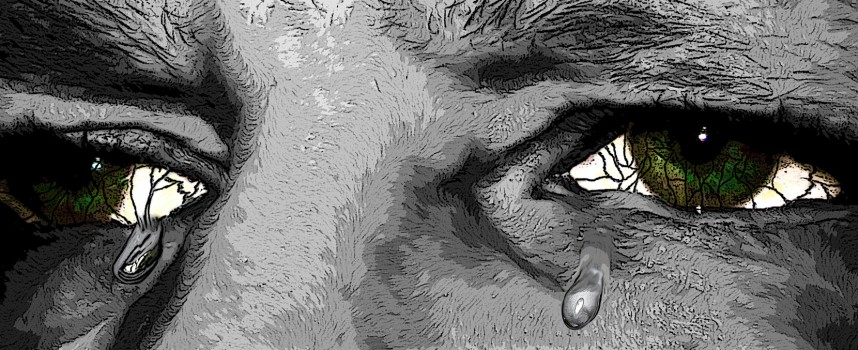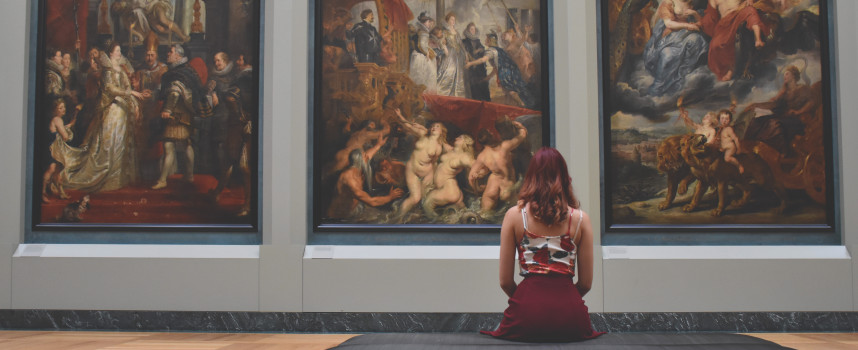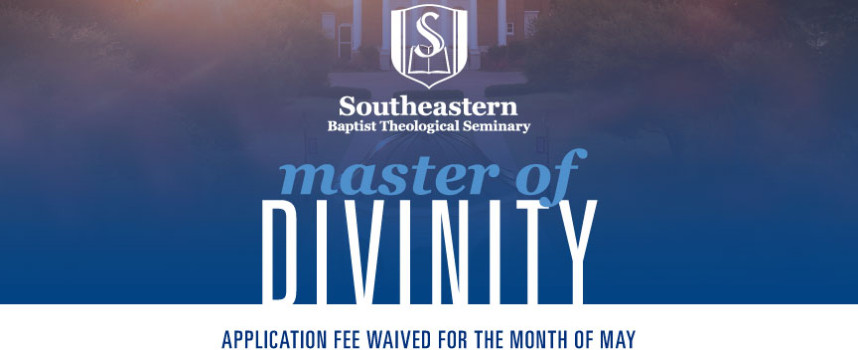Culture and Education
This week, my family and I leave for a one-week vacation. In addition to relaxing at the beach with my family (if “relaxing” is what one does with children ages 6, 5, and 3) and keeping up with the Republican National Convention, I intend to do some reading. For starters, I will finish reading two fine books, Os Guinness’ Impossible People and Anthony Bradley’s Black and Tired.
While my mind is on vacation—and therefore on reading—I thought I’d write a brief post about the rewards of reading. In earlier posts on reading, I gave 5 Tips for Determining Which Books to Read (and Which Not to Read) and 4 Tips on How to Get the Most from Your (Non-Fiction) Reading. But in this post, I want to focus on some of the benefits accrued from building a life-long habit of reading. Among the many rewards, here are seven:
[ Read More ]
It seems like our country is burning down right in front of our faces. If not burning down, it is at least deeply divided and dripping with blood.
In the aftermath of this week’s breaking news about Alton Sterling and Philando Castile—black men being shot to death by white police officers—many black Americans are not only frustrated and angry but also afraid. They are afraid that “justice and equality for all” doesn’t apply to their sons. They are afraid to let their sons go outside at night for fear that a routine traffic stop could spell the end of their life. They are emotionally exhausted. They are black and tired.
At the same time, in the wake of other breaking news about five Dallas police officers killed in the line of duty—white officers shot to death by a black sniper—many law enforcement personnel are not only afraid, but angry. They are frustrated and hurt that some of the very citizens they seek to protect now treat them with suspicion or resentment. Law enforcement officers have to make split-second decisions and they do their best, they say, but it doesn’t always go as planned. If they’ve said it once, they’ve said it a hundred times. They are blue in the face. [ Read More ]
Recently, I wrote a post on 5 Tips for Determining Which Books to Read (and Not to Read). As a follow up to that post, and in answer to a number of questions I received, here are four tips on how to get the most from your (non-fiction) reading:
Make a plan (even if you are not, by nature, a planner).
There may be some folks out there who became seriously informed readers by wandering aimlessly through bookstores in order to buy random books that they would later read whenever they found time. But there wouldn’t be many of those folks; if there are any, you could probably count them on the one hand of a bad woodshop teacher.
So, make a list of books that are important to read in each of your various categories of interest. If you have difficulty finding the right books to read in each category, spend some time researching. Ask an expert to give you a short list of favorites. Visit your library. Cruise the local Barnes & Noble. Surf the net. In addition, answer a few other questions: How many books would you like to read per month? How much time can you devote per day or per week? What time of the day is best for you? I know, I know, you are probably thinking: “Ashford is an even bigger dork than we’d imagined.” But I’d like to serve advance notice: we haven’t even arrived at the nerdiest parts of this post. [ Read More ]
There are three types of people in our great nation. There are, first of all, those who do not read. An AP-Ipsos poll recently revealed that 25% of Americans do not read books, while other polls have put the number higher, at around 50%. It is not that these Americans cannot read or that they do not accumulate knowledge. (No country’s citizens—and I mean none—bring more depth and import to subjects such as celebrity clothes, hair and makeup, and the intricacies of the Pitt-Jolie marriage than the citizens of the USA.) It is just that their knowledge is not gained from books. Second, there are those who read but do so aimlessly, choosing on a whim what to read and when to do so. Third, there are those who plan to read and who read with a plan.
If you are the third type of reader, or if you wish to become that type of reader, this post offers five tips for determining which books to read (and which not to read).
[ Read More ]
Here are six sets of resources for pastors, professors, and students who wish to build their “theology and culture” library. I’ve included a variety of resources, some of which represent views I oppose. However, the majority of the resources fit my preferred “Reformational” model.
1. Differing Visions for Christianity and Culture
Richard Niebuhr’s Christ and Culture is a minor classic in 20th century theology; it provides a historical classification of typical Christian views of the relationship between “Christ” and culture. In combination with Niebuhr’s book, you’ll want to read D. A. Carson’s Christ and Culture Revisited and Craig Carter’s Rethinking Christ and Culture. Carson critiques Niebuhr’s theological framework and argues for a more cruciform understanding of the Christian’s place in culture. Carter also critiques Niebuhr’s theological framework as well as Niebuhr’s privileging of Christendom in the conception of his categories. Finally, to cover all your bases, you won’t want to miss Jamie Smith’s brief article critiquing Carson.
[ Read More ]
For the past 13 years, I have taught at Southeastern Baptist Theological Seminary, where I now serve as Professor of Theology & Culture and Provost / Dean of the Faculty. During those 13 years, we Americans have continued to experience the cultural “ground” shifting beneath our feet . In recognition of these shifts and of [ Read More ]
If we were to update Dante’s Divine Comedy for the 21st century, we might revise it so that persons in the inner circle of hell would be forced to spend their days reading and interacting with the comment chains of national news outlets, popular websites, famous YouTube videos, and celebrity Twitter accounts. In other words, humanity would be punished by having to interact with internet Trolls.
What is an internet troll?
An internet troll is a person who aims to start arguments and upset or humiliate people by posting accusatory, inflammatory, or off-topic messages in online comment chains or chatrooms. Trolls who have mastered the dark art of trollery will exhibit a number of skills, including: selective outrage; obstinate quibbles over petty details; the refusal to listen to or sympathize with interlocutors, purportedly on principle but mainly to distort or hijack the conversation; and the seizing of any opening to practice these dark arts from the safety of his own basement.
[ Read More ]







